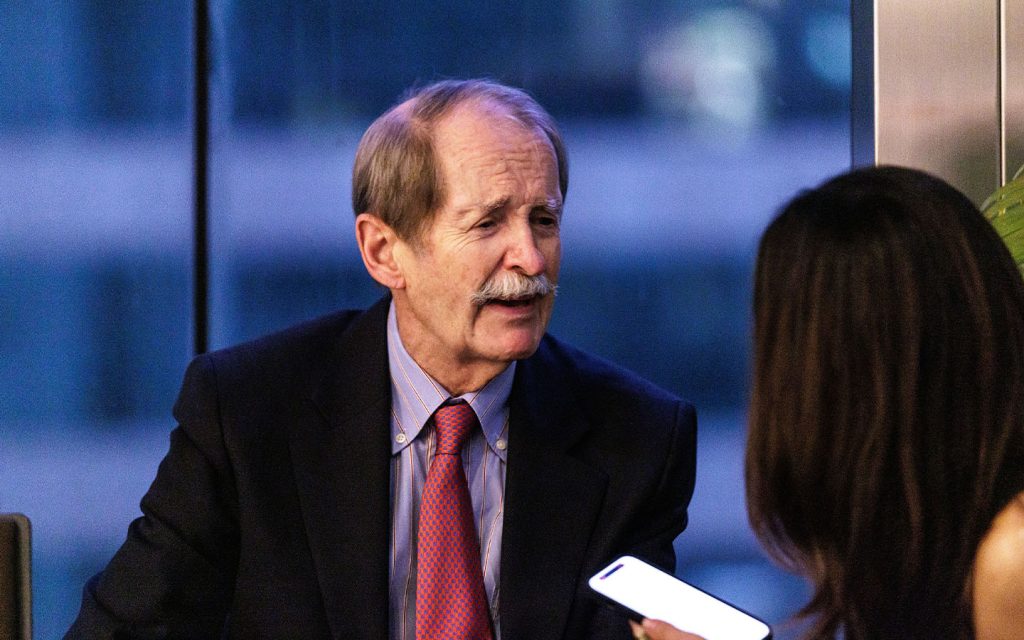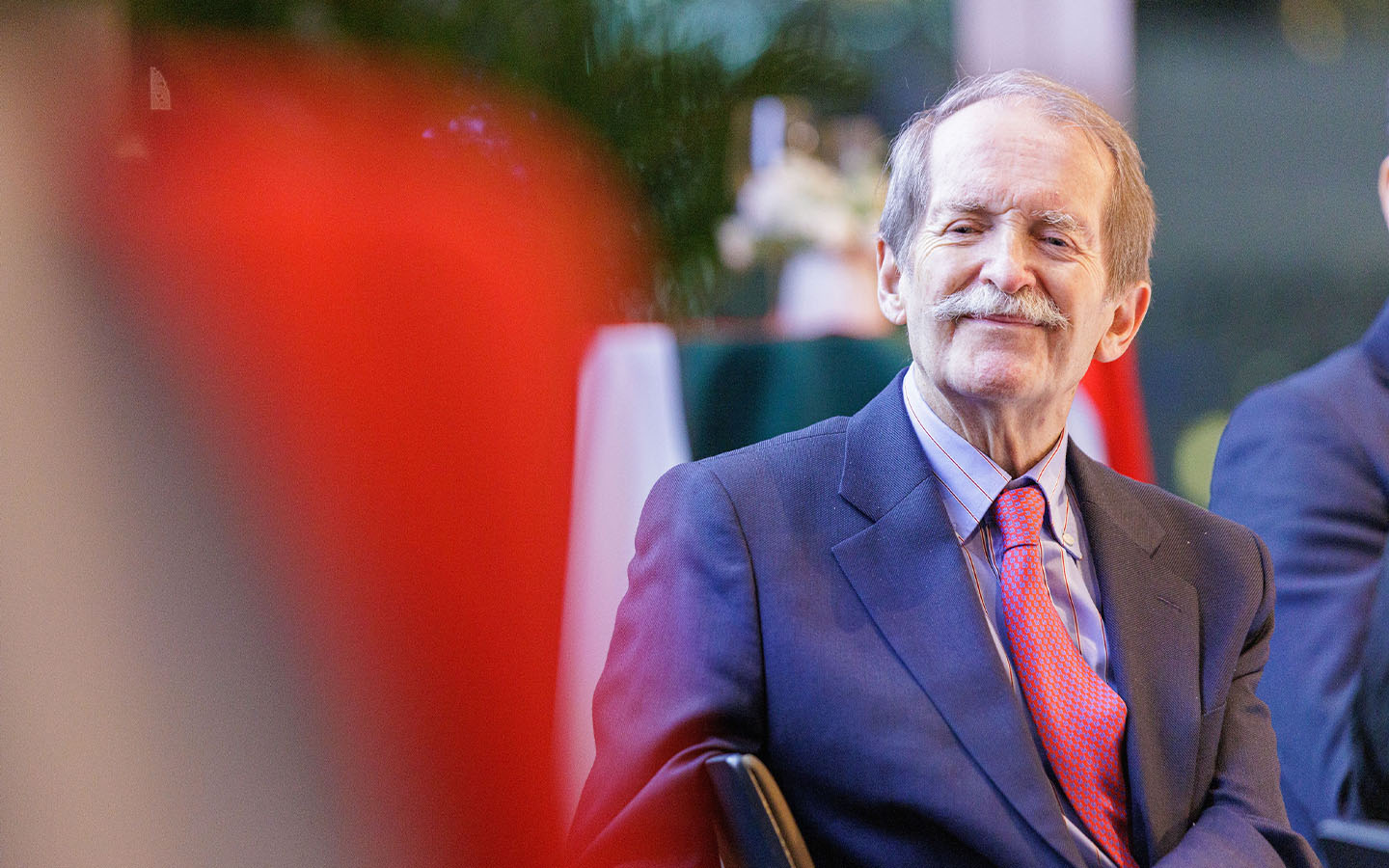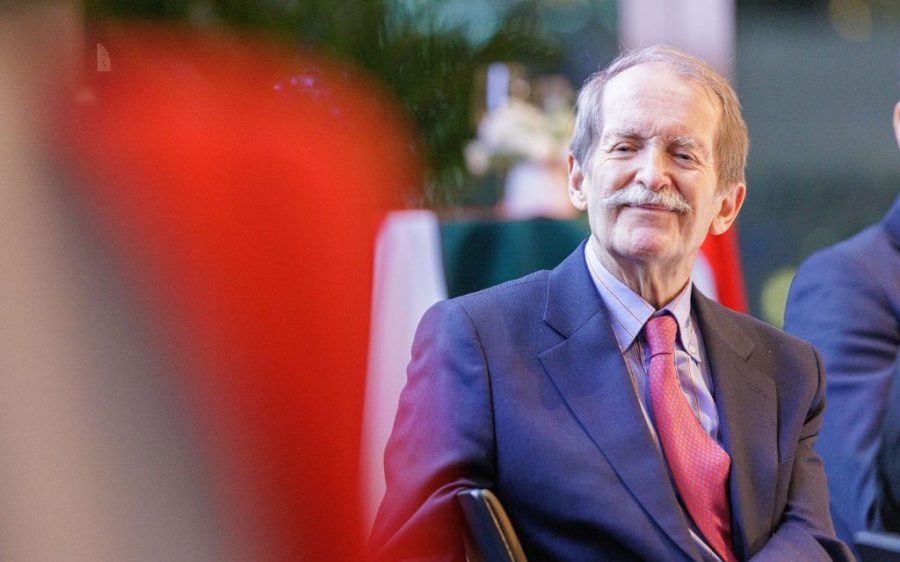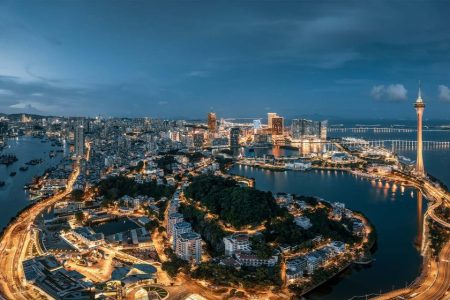Duarte Pio, the Duke of Bragança and a claimant to the now-abolished Portuguese throne, says the Portuguese have a “lack of understanding” of the “local reality in Macao”.
He made the remarks in an interview with Macao News during his visit to Macao and Hong Kong last month.
The duke said that some members of the Portuguese community had made “inaccurate comments” about the city and that it was “important to remain cautious and avoid statements that may offend China.”
Harmonious relations between Lisbon and Beijing, he stressed, were the cornerstone of Macao’s smooth handover to China in 1999.
During his visit, the duke commended Macao for its successful Portuguese language programs and highlighted it as an excellent example of a territory that actively promotes the learning of Portuguese.
“The Portuguese language faces a precarious situation in Timor-Leste, Mozambique and Guinea-Bissau, as its usage is under threat,” he told Macao News. He was speaking on the sidelines of a dinner hosted for him at Hong Kong’s Club Lusitano, which the duke praised for its continuous efforts in maintaining a strong connection with Portugal since its founding in 1866.
“In these regions,” Portuguese “is often limited to being taught solely within Catholic institutions,” he said.
[See more: Portugal’s last governor says Lisbon has ‘a privileged knowledge’ of China thanks to Macao]

As the historical hub of Catholicism in Asia, the duke said he was struck by Macao’s Catholic piety – itself a legacy of the long Portuguese presence – and said that he enjoyed attending the Procession of the Passion of Our Lord his recent stay in the territory, which he first visited in 1964.
The duke also emphasised the value of Portugal’s historical presence in Asia and urged the government in Lisbon to take greater interest in the region.
He expressed regret over the limited financial resources available to Portuguese diplomacy – hindering more substantial and permanent engagement with communities worldwide – and cited the missed opportunities. Prominent among these, he said, was Portugal’s failure to leverage its position as the first Western power to establish relations with Thailand, given that ties between the two countries dated back to the 16th century.
For his part, the duke said he was working to promote the Portuguese language and boost economic development in lusophone nations, through the D. Manuel II Foundation, of which he is the president. The organisation is particularly active in Mozambique, Guinea-Bissau and Timor-Leste, where the duke’s ties are deep.
“I established my initial contacts with Timor-Leste as early as 1972, and my bond with the territory is incredibly strong,” he told Macao News. “As a testament to my contributions in providing social and cultural support to local communities, President José Ramos-Horta himself granted me Timorese nationality.”
During his visit to Macao, the duke received the Heritage Award for Peace from the Sino-Phil Asia International Peace Awards Foundation, led by Sir Billy Chan.






